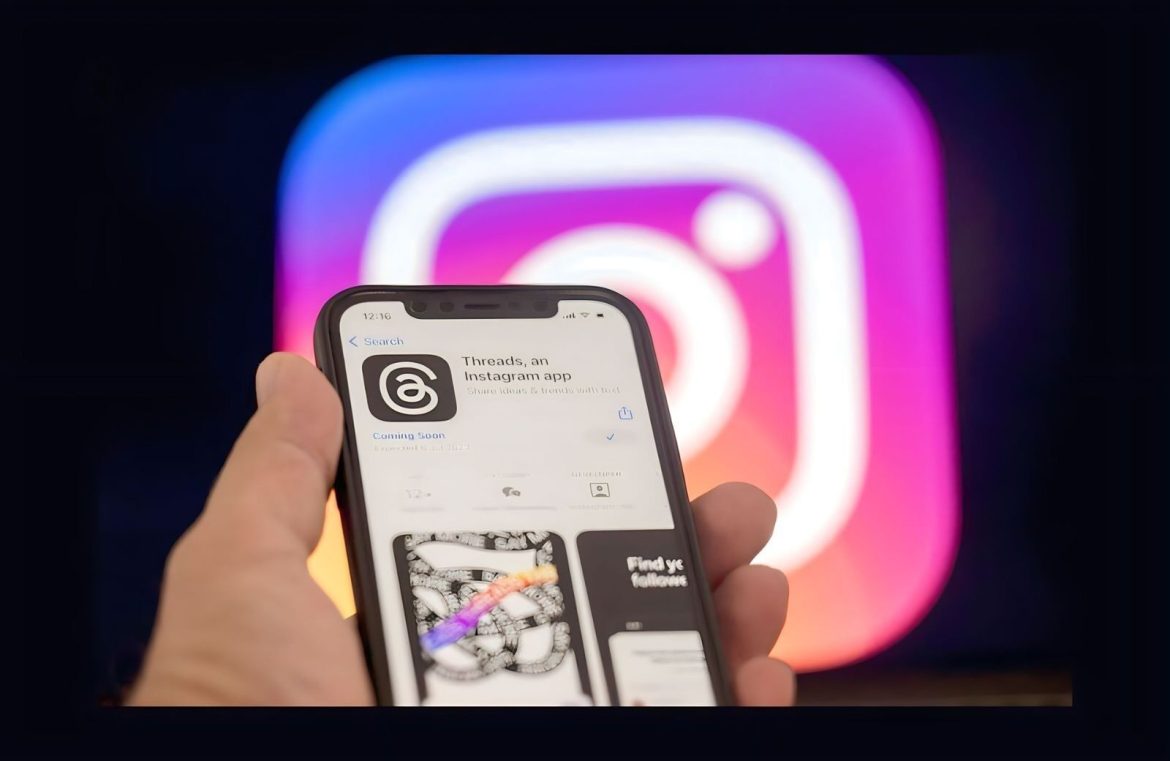Adam Mosseri, the head of Instagram, has made an exciting proclamation: Threads is branching out with a new web browser interface. Is this the breath of fresh air needed to rejuvenate the app’s standing?
Ever since its introduction in early July, Threads has been a roller coaster of activity. Initially, the app saw an explosive rise in daily active users, hitting a staggering 49 million within just two days of its release. Yet, by the close of that month, there was a dramatic drop as the app saw an 82% dip in its user numbers. The initial enthusiasm was evidently short-lived.
Despite this significant drop, Mark Zuckerberg’s confidence in the growth prospects of Threads remains unshaken. He candidly acknowledged in a recent update that there’s a considerable journey ahead, but he’s convinced that the app is moving in the right direction.
A key piece of Zuckerberg’s strategy for Threads is to strategically enhance the app’s functionality. Currently, it lags behind its competitors, lacking essential features such as a search function and direct messaging capabilities.
A major limitation for Threads at this time is its lack of a web presence. Attempting to visit threads.net through a browser simply directs users to a QR code, prompting them to download the mobile app (talk about being stuck in 2023).

The good news, however, is that change is on the horizon. Adam Mosseri took to his Instagram profile to share the update that Threads will soon be accessible via web browsers. While the exact launch date remains under wraps, indications are that we won’t have to wait long; it’s likely just a few weeks out.
It’s not unreasonable to speculate that the rushed initial launch of Threads was an attempt by Zuckerberg to seize the opportunity presented by the downfall of X (the platform once known as Twitter). With users becoming disillusioned by Elon Musk’s leadership, Zuckerberg could be aiming to position Threads as a refuge for those seeking an alternative.
Rolling out a desktop version of Threads is a strategic move forward. In itself, it may not be the sole factor to eclipse Twitter, but it represents a critical piece in Zuckerberg’s strategic chess game against his business rivals. As the struggle for dominance continues, the question looms: Who will reign supreme in this high-stakes game? Stay tuned and watch as this ‘clash of the titans’ unfolds.

